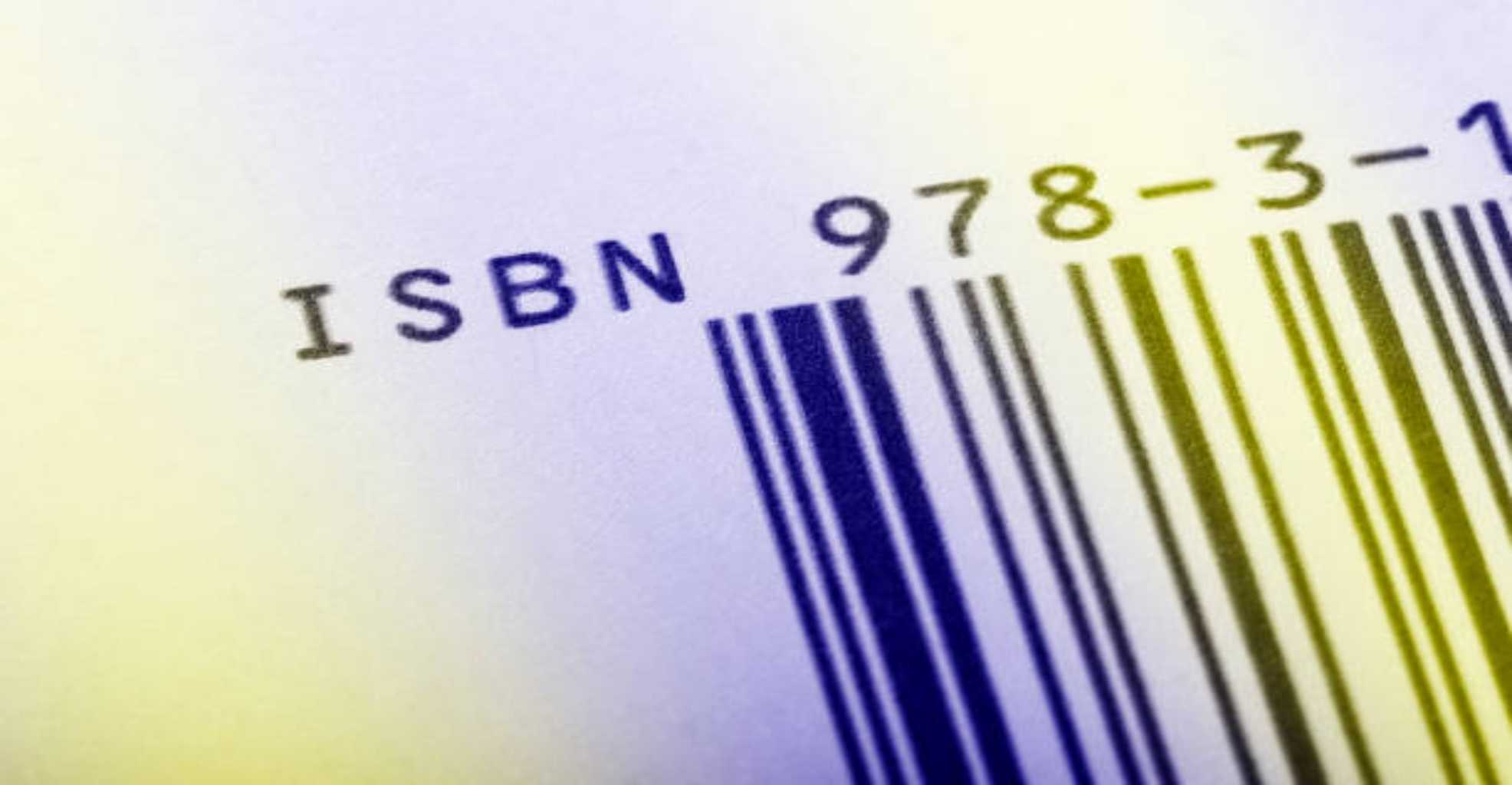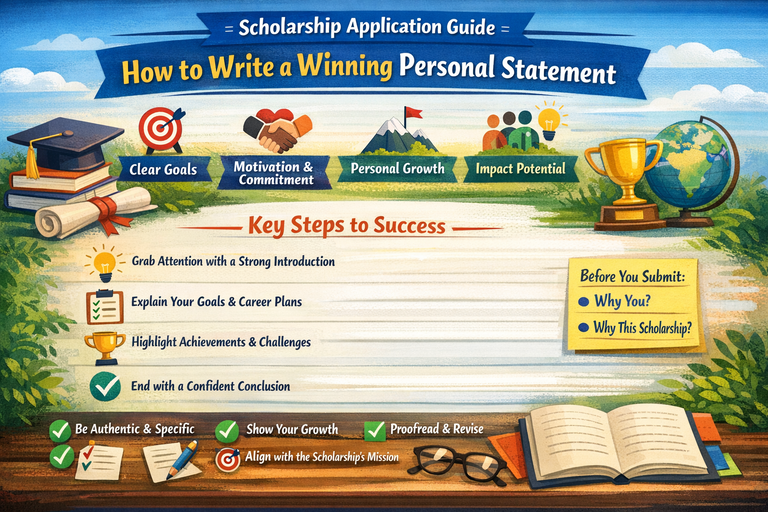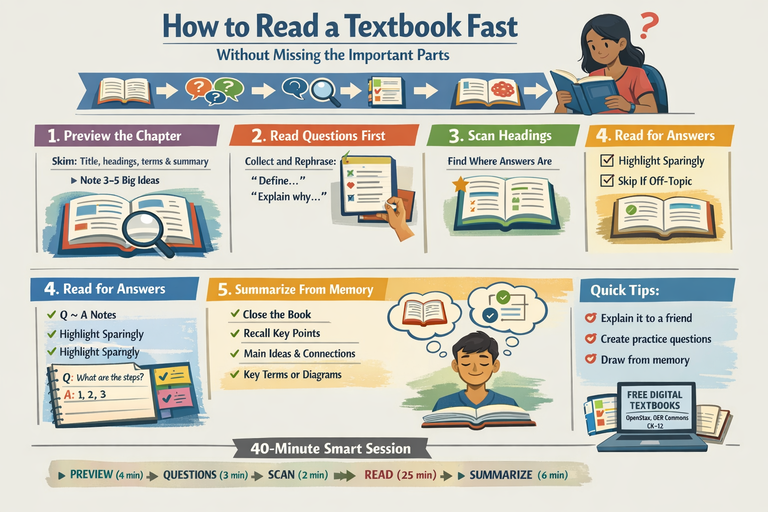Understanding ISBNs, Copyright, and Legal Basics of Publishing
Publishing a book involves more than just writing and printing—it’s also a legal process. Whether you're going the self-publishing route or working with a traditional publisher, you need to understand the legal basics of publishing, including ISBNs, copyright, and your intellectual property rights.
This article breaks down these often confusing terms into simple, actionable insights every author should know before publishing a book.
What Is an ISBN?
ISBN stands for International Standard Book Number. It’s a 13-digit numeric identifier that uniquely distinguishes your book from every other book in the world. Think of it as your book’s fingerprint in the publishing ecosystem.
What Does an ISBN Do?
-
Identifies your book’s format (eBook, paperback, hardcover, audiobook)
-
Makes your book searchable and trackable by bookstores, distributors, and libraries
-
Helps retailers and platforms like Amazon, Barnes & Noble, and IngramSpark catalog your book correctly
Each format and edition of a book requires its own unique ISBN. That means:
-
A paperback version has one ISBN
-
A hardcover version has another
-
An eBook version needs its own too
Who Needs an ISBN?
If you’re self-publishing and want to sell through online retailers or physical bookstores, you need an ISBN. However, if you’re only publishing for personal use, or exclusively on Amazon Kindle (which uses its own ASIN), you might not need one.
Where Do You Get an ISBN?
-
United States: Bowker (myidentifiers.com) is the official source
-
United Kingdom: Nielsen ISBN Agency
-
Other countries: National ISBN agencies
ISBNs can be purchased individually or in bulk. One ISBN costs around $125 in the U.S., but buying a block of 10 or more lowers the cost per unit significantly.
Note: If you use a self-publishing platform like Amazon KDP or IngramSpark, they may offer you a free ISBN. The trade-off? They are listed as the publisher of record—not you.
What Is Copyright?
Copyright is the legal protection granted to the creator of an original work. It gives you the exclusive right to:
-
Reproduce the work
-
Distribute copies
-
Perform or display the work publicly
-
Create derivative works (like adaptations or translations)
As the author, you are automatically the copyright holder of your manuscript as soon as you write it.
Do You Need to Register Copyright?
In many countries, copyright is automatic. However, in places like the United States, registering your copyright with the U.S. Copyright Office gives you additional legal protection, including:
-
The right to sue for infringement
-
The ability to claim statutory damages and attorney’s fees
-
A clear public record of your ownership
Registering a copyright is not expensive—currently about $45 to $65 for online registration—and it's strongly recommended if you plan to publish or monetize your work.
Common Copyright Misunderstandings:
-
“Mailing a copy to yourself” (the “poor man’s copyright”) offers no legal protection.
-
Plagiarism is an ethical issue, while copyright infringement is a legal one.
-
Ideas are not protected by copyright—only the specific expression of those ideas.
ISBN vs. Copyright: What’s the Difference?
It’s easy to confuse these two terms, but they serve entirely different purposes.
| Feature | ISBN | Copyright |
|---|---|---|
| Purpose | Identifies your book in the market | Protects your legal rights as the author |
| Required for | Distribution and retail listing | Legal ownership and protection |
| Provided by | ISBN agency (e.g., Bowker) | National Copyright Office |
| Ownership | Publisher or author | Always starts with the author |
| Cost (U.S.) | ~$125 for one | ~$45–$65 for registration |
You typically need both—ISBN for the business side, copyright for the legal protection.
Legal Basics of Publishing Every Author Should Know
1. Contracts and Publishing Rights
If you sign with a traditional or hybrid publisher, you’ll be asked to sign a publishing agreement. This legally binding document outlines:
-
Rights you’re granting (e.g., worldwide rights, language rights, audio rights)
-
Royalty rates
-
Payment schedules
-
Termination clauses
-
Duration of the agreement
Always read your contract carefully—or hire a publishing lawyer or agent to help review it. Make sure you retain as many rights as possible or only grant them for a limited time.
If you’re self-publishing, you still enter into platform agreements (such as KDP’s terms of service), so it’s important to know what rights you’re granting them as well.
2. Pen Names and Author Names
Using a pen name (pseudonym) is completely legal. You can still hold the copyright under your real name while using a pen name for publication. However, be consistent across all legal and publishing documentation to avoid confusion later.
3. Public Domain and Permissions
Be careful if you’re quoting other works or using images, music, or content that you didn’t create:
-
If the material is in the public domain, you’re free to use it without permission.
-
If not, you need to obtain written permission (a license) from the copyright holder.
Rule of thumb: Don’t assume fair use applies unless you’ve confirmed it legally.
4. Defamation and Libel
If your book contains real people, especially in a negative light, be cautious. Publishing untrue or damaging statements about individuals could lead to legal trouble—even in fiction. Consider:
-
Using disclaimers ("any resemblance to real persons is purely coincidental")
-
Getting legal review if writing memoir or exposé
-
Changing identifying details
Frequently Asked Questions (FAQs)
Do I need an ISBN for an eBook?
Yes—if you plan to distribute it beyond Amazon. Kindle uses its own identifier (ASIN), but Apple Books, Kobo, and libraries often require ISBNs.
Can I use one ISBN for multiple formats?
No. Each version—print, eBook, hardcover, audiobook—requires its own unique ISBN.
Does Amazon KDP require me to register my copyright?
No. But it’s strongly advised, especially in the U.S., if you want to enforce your rights legally.
Can someone steal my book idea if I don’t register the copyright?
Ideas alone aren’t protected—only the unique expression of those ideas (your written content). Registering copyright strengthens your claim, but theft of ideas is hard to prove and rarely worth legal pursuit.
Best Practices for Authors
-
Buy your own ISBNs if you want to be listed as the publisher and maintain full control.
-
Register your copyright—especially in the U.S.—to ensure maximum legal protection.
-
Keep detailed records of your drafts, submissions, and contracts.
-
Use contracts or permission forms when collaborating with editors, designers, or co-authors.
-
Educate yourself about publishing laws specific to your country.
Final Thoughts
Publishing a book is exciting—but it’s also a business. Understanding the legal foundations—ISBNs, copyright, and contracts—protects your work, your rights, and your future income.
Whether you’re working with a publisher or going indie, taking the time to secure the proper legal details up front will give you peace of mind and credibility in the professional publishing world.
Your book deserves to be seen, sold, and protected. Now you’re one step closer to making that happen.






